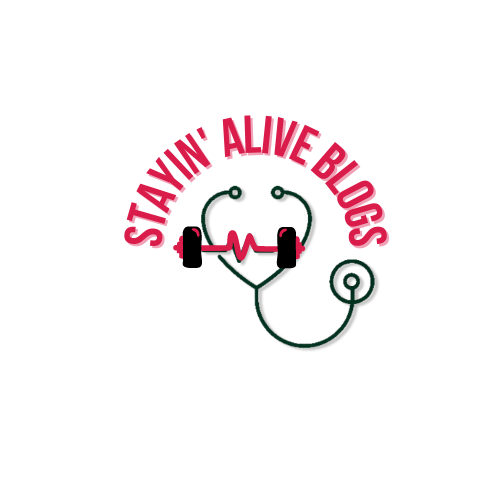Introduction
In the ever-evolving landscape of healthcare, patient support programs (PSPs) have become indispensable in ensuring individuals receive the care and assistance they need during their medical journey. Over the last few decades, these programs, often offered by pharmaceutical companies, nonprofit organizations, and healthcare providers, have played a pivotal role in helping patients manage their medical conditions and enhance their well-being. Join me as we delve into the world of PSPs, what they are, why they’re crucial, their key components, real-world examples, challenges, and the promising future of these programs.
What are Patient Support Programs?
Let’s kick things off by understanding what exactly PSPs are. Imagine a personalized toolkit designed to support individuals managing various medical conditions, including rare diseases. These programs provide a broad spectrum of services, ranging from financial assistance to medication management, educational resources, and emotional support. Their primary goal? To empower patients and significantly improve their health outcomes.
Why are PSPs Important?
PSPs are nothing short of lifelines for patients dealing with complex medical conditions that require costly treatments. These programs offer an array of benefits to both patients and the healthcare system. Beyond ensuring access to necessary treatments, PSPs provide a financial safety net, alleviating the stress associated with the financial burden of medical care. Moreover, they equip patients with essential resources and information, contributing to improved medication adherence, reduced hospital admissions, and overall enhanced health outcomes.
Key Components of PSPs:
Patient Education: Imagine receiving not just prescriptions but also a personalized guide to your condition—whether in pamphlets, educational websites, or through user-friendly PSP phone apps.
Financial Assistance: A safety net for those with limited or no insurance coverage, PSPs often step in to bridge the gap when patients lose insurance due to changes in employment.
Medication Management: Regular phone checkups ensure patients stay on track with their prescribed medication regimen, making management more straightforward.
Emotional Support: PSPs act as trusted guides, simplifying the disease process and removing barriers to successful treatment, offering not just medical but emotional support.
Coordinated Care: Bridging the gap between patients and their primary healthcare providers, PSPs excel at communicating patient concerns, coordinating insurance coverage, and connecting patients with physicians.
Challenges and Ethical Considerations:
While the benefits of PSPs are immense, challenges exist. Issues related to data privacy, equitable access, and potential conflicts of interest must be carefully addressed to ensure the integrity and effectiveness of these programs.
How to Access PSPs:
Accessing support from PSPs is a journey in itself. Typically initiated by healthcare providers, the process involves patients consenting to enrollment, followed by contact from the program through the patient’s preferred method. Proactivity is key, and patients and caregivers are encouraged to explore and enroll in suitable PSPs.
Future Trends and Innovations:
The future of PSPs holds exciting promise. Picture this: digital tools tailored for patients, telemedicine transforming patient care, and personalized care plans becoming the norm. As technology continues to advance, PSPs are poised to become even more accessible and individualized, shaping a future where healthcare meets patients where they are.
Conclusion:
In the vast realm of healthcare, PSPs stand as pillars of support for individuals navigating medical challenges. They are more than programs; they are beacons of hope, ensuring that no one walks their health journey alone. As these programs evolve, they’re not just a support system; they’re becoming integral to a healthcare landscape that’s personal, accessible, and compassionate.


